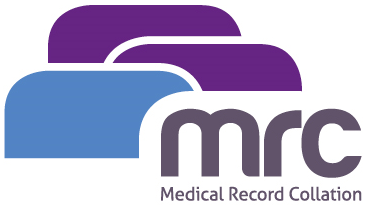Last week I was delighted to give a talk at the AvMA Practice & Procedure Course in Birmingham. Like a lot of people, public speaking has never been one of my favourite jobs so I was pleasantly surprised to be invited back for a second time! This essential course is for those who are new to the specialist field of clinical negligence and provides the fundamental knowledge necessary to develop a career in this area of law. Expert speakers with a wealth of experience cover all stages of the investigative and litigation process relating to clinical negligence claims from the claimants’ perspective. It is also an opportunity to forge new contacts whilst catching up with familiar faces.
The topic for my talk was “How to navigate around important sources of evidence” and as my experience lies in the collation and analysis of medical records this was the niche area I focused on. I chose to talk about:
- Understanding Medical Records – what do they look like and where do they come from?
- What are the benefits of properly sorted medical records?
- What are the benefits of a properly analysed chronology and memo?
- Understanding medical abbreviations and terminology
The focus of the presentation was to give a quick orientation on the various forms of medical records that exist, how these interrelate and the importance of having well collated records with an expert analysis. It can be a very confusing to sit at a desk with piles of disorganised, unfamiliar and complex medical records and wondering where to begin. I also stressed that however the solicitor chooses to deal with the records – whether they do the job themselves, delegate to another member of the team or outsource to a company such as ours – the ultimate responsibility for knowing and understanding the records lies with them. These records will form the basis of their client’s case.
I see it as a really good opportunity to emphasise to solicitors, who may be new to clinical negligence, the importance of getting things right at the beginning. Not only does this save time and money, it helps give their client the best chance of getting justice. Proper investigation should also then lead to improved patient safety.
From a selfish perspective it also gives me the opportunity to properly structure everything I know about the subject into a cohesive and logical format. It’s essentially the old idea that you only know your way around a particular topic when you’re able to explain it clearly and precisely to another person. I can only hope that the delegates found my presentation as engaging, interesting and informative as I found everyone else’s.
